In the feudal society of ancient China, "Wangye" was a respectful title given to members of the royal family or meritorious officials who were awarded the title of Wang. They usually had a certain territory and privileges, but what was the extent of their power? This article aims to explore the power of ancient Wangye and its changing status in the long history.

I. Wangye in the Feudal Hierarchy
In the feudal hierarchy, the emperor was at the top, while Wangye held a subordinate status. They were important members of the noble class and usually relatives or meritorious officials of the emperor. Wangye were granted land and titles, becoming the actual rulers in their territories.
II. The Scope of Wangye's Power
Wangye enjoyed a considerable degree of autonomy within their territories. They were responsible for tax collection, conscription, local governance, and had the right to formulate some local laws and regulations. However, these powers were limited as Wangye had to be loyal to the emperor and were subject to central government supervision.
III. The Limitations and Risks of Wangye's Power
Although Wangye had a certain amount of power within their territories, their status was not stable. If they failed to show loyalty to the central government or were suspected of rebellion, their throne or even their lives could be threatened. There were many historical examples of Wangye who were deposed or executed for rebellion.
IV. Conclusion
In summary, although ancient Wangye had certain powers, these powers were limited and were strictly monitored by the emperor and the central government. The status and power of Wangye depended entirely on the emperor's trust and the political situation in the court. Therefore, despite having a certain degree of local governance, Wangye's power could not be compared to the emperor's. In the context of the feudal society, Wangye's power was merely a shadow of the emperor's power, which could be weakened or revoked at any time.
Disclaimer: The above content is sourced from the internet and the copyright belongs to the original author. If there is any infringement of your original copyright, please inform us and we will delete the relevant content as soon as possible.
Guess you like it
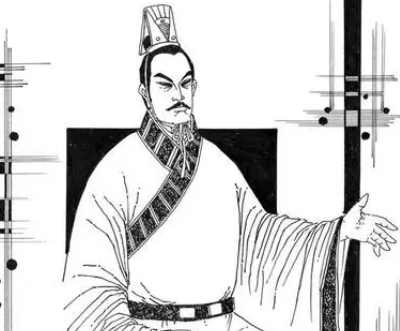
Guo Tai, a wise man during the Eastern Han Dynasty
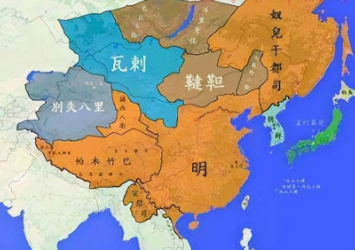
When did the Warla perish? Who destroyed the Warla?

The masterminds behind the Qin State: Lady Huayang and Lu Buwei

Is the Lantian Man really earlier than the Peking Man? How is it recorded?

Dou Yifang and Liu Heng: A love story spanning thousands of years
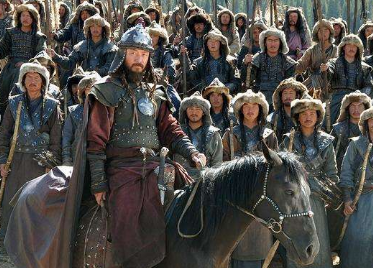
How do you pronounce "Wǎlà"? What is the correct pronunciation of "Wǎlà"?

What is the relationship between Qin Shi Huangs death and Zhao Gao? What is the statement?
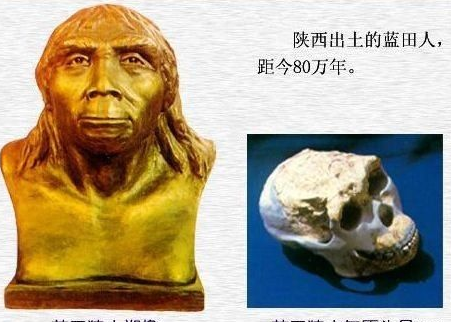
What does Lantian Man look like? What is their appearance?
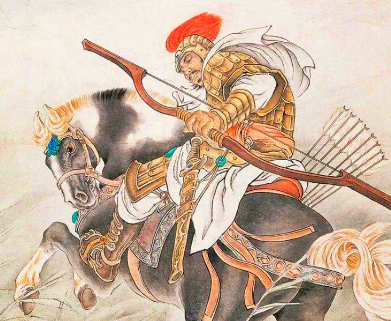
What are the poetic lines related to General Li Guang, the Flying General? How to appreciate them?
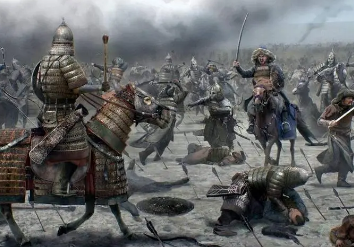
What nationality are the Warla people? What does the term "Warla" mean?









